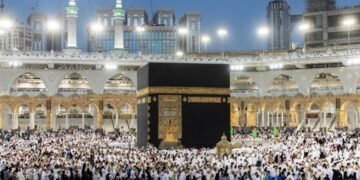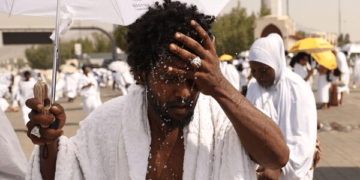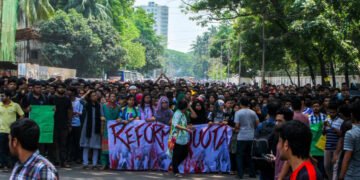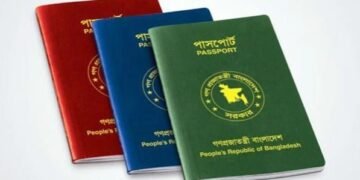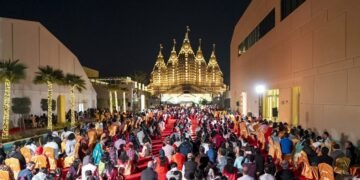It will be the first time in 24 years that Ramadan will fall during winter time; Fasting duration throughout the holy month, when Qiyam-ul-layl prayers start this year
The holy month of Ramadan will begin in the UAE on Monday, March 11. The country’s Moon-sighting committee said the crescent Moon — which signals the start of a month in the Islamic Hijri calendar — was spotted on Sunday (March 10) evening.
Islamic months last 29 or 30 days depending on when the Moon is sighted. Since the Moon was sighted this evening, the month that precedes Ramadan in the Hijri calendar — Sha’ban — ended at 29 days. Ramadan 1, therefore, is on March 11.
Heavy rains over the weekend have brought temperatures down in the UAE. It will be a pleasant fasting experience this year, with the weather in the UAE during March-April being warm to hot. It will get warmer towards the end of Ramadan.
Taraweeh, Qiyam-ul-layl prayers
In addition to the five daily prayers, Muslims offer special prayers called Taraweeh in the evenings of the holy month. It’s offered after the Isha (night) prayer. Mosques across the UAE host the prayer from the evening when the Moon is spotted. Since the Moon was spotted this evening, Taraweeh prayers will begin from Sunday, March 10.
At most mosques in the UAE, the prayer has eight units (rakat) followed by three of Witr. The prayer lasts anywhere between 30 minutes to an hour.
Special late-night prayers called Qiyam-ul-layl are offered in the last 10 days of the holy month. This year, the prayer will begin at most mosques on the night of Saturday, March 30.
The exact timing of the prayer varies from mosque to mosque, but most are hosted after midnight. Unlike Taraweeh, Qiyam-ul-layl prayers last longer — anywhere between 1.5 to three hours.
Fasting hours
On the first day of the holy month, the call for the Fajr prayer will be given out at 5.15am, signalling the start of the fast. Muslims will end their fast when the call for Maghrib prayer is given out at 6.29pm. On day one, therefore, they will abstain from food and drink for 13 hours and 14 minutes.
The fasting duration will increase as the month progresses. On Ramadan 11, the fasting hours will be from 5.05am (Fajr) till 6.34pm (Maghrib) — a total of 13 hours and 29 minutes. On Ramadan 21, the call for Fajr prayer will be given out at 4.54am and that for Maghrib at 6.38pm, with the fasting duration being 13 hours and 44 minutes.
By the end of the month, the fasting hours will have reached almost 14 hours.
This variation is due to the changing length of the day as the month progresses.
Khadijah Ahmad, Operations manager, Dubai Astronomy Group
If a new crescent had not been seen, Ramadan would have been declared on Tuesday by default.
Ibrahim Al Jarwan, chairman of the Emirates Astronomical Society, confirmed that starting from the next Ramadan, the month will take place during the winter season, which hasn’t happened in many years.
In fact, this will be the first Ramadan to fall in the UAE’s winter since 2000.




